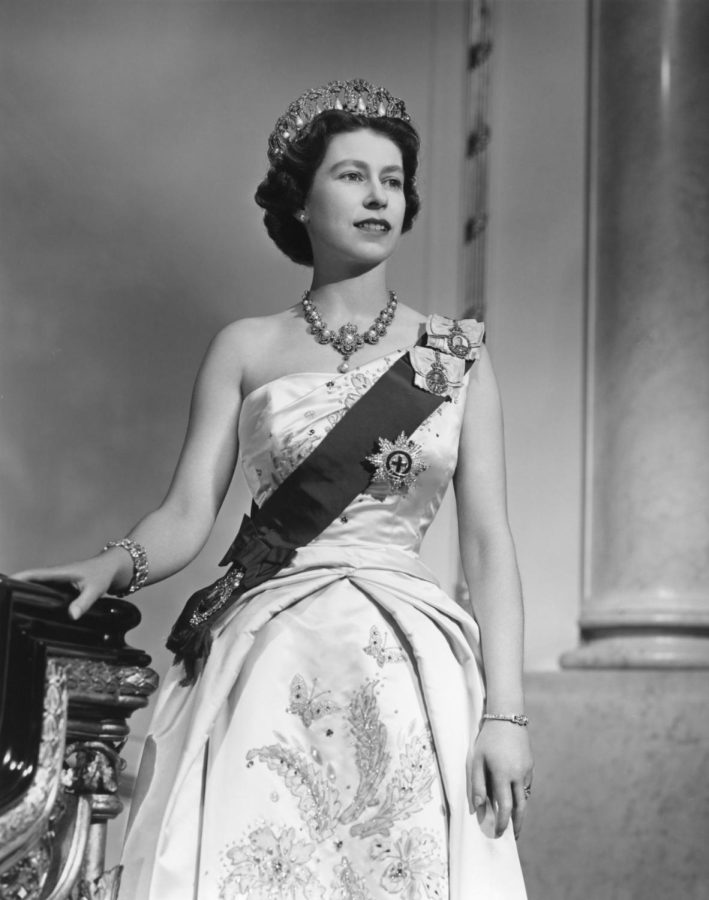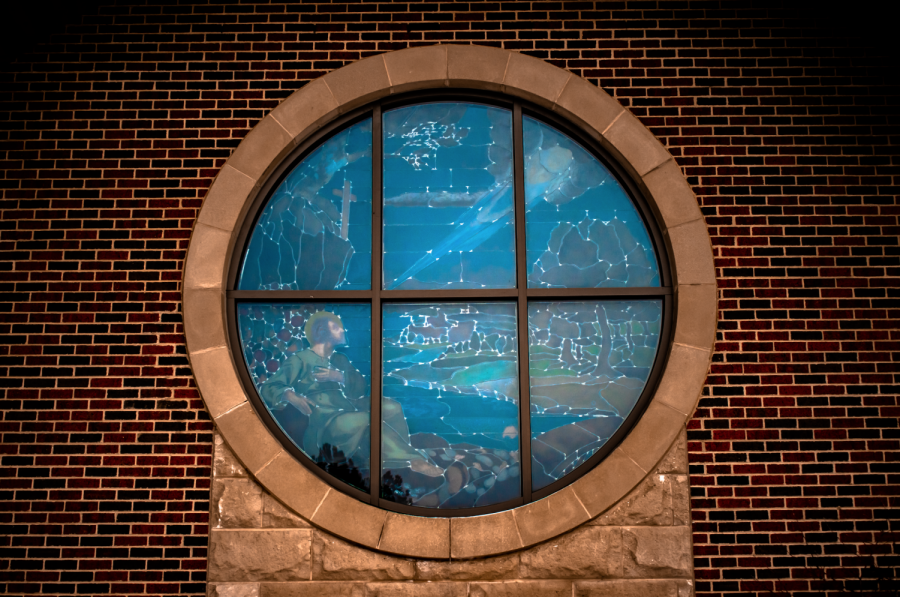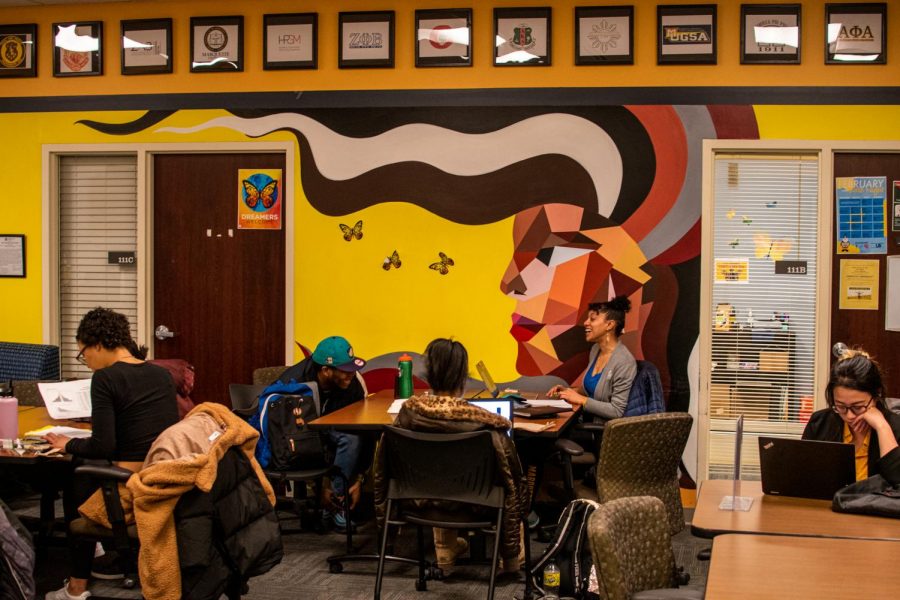The British monarchy may be a novelty for some, but for many, it is a constant reminder of their country’s colonization by the monarchy and an ever–present symbol of white supremacy. Many are calling for the abolition of the monarchy. The history of England’s colonization spans over every continent except Antarctica.
At its peak, the British empire covered around a quarter of the earth and ruled over 458 million people. Much of this power was gained through systematic violence and oppression. In her 70 years on the throne, Queen Elizabeth II ruled 15 countries in the Commonwealth which were home to a combined 150 million people.
Queen Elizabeth’s rule was not innocent of vicious displays of violence in the name of the Crown and its so–called property. During Kenya’s fight for independence, the Mau Mau Rebellion, British authorities brutalized the Kenyan people. The rebellion lasted from 1952 to 1960.
Around 1.5 million people were put into concentration camps where they were tortured, raped and had other violations committed against them. It was later shown that the British made a concerted effort to cover up what they had committed. Yet we attempt to sanitize Queen Elizabeth’s reign.
Britain has been very reluctant to recognize its wrongs, particularly in the form of reparations. In the former British colony of India alone, Britain gained $45 trillion, adjusting for inflation. The Empire has made its fortune off of subjugating these people, yet it does not supply them with reparations.
Many former colonies are riddled with poverty and class division as a result of colonization. Oftentimes when some form of reparations or accountability has been asked for, they are met with deaf ears. Reparations are a form of compensation given to those who have suffered wrongdoing or to their descendants, generally in the form of money.
The Queen told Indians “history cannot be rewritten” referencing the 1919 massacre in Jallianwala Bagh. Hundreds of Indians were shot and killed by British troops. This flippant comment is a sorry excuse for the death of hundreds. In 2015, when the former prime minister David Cameron was visiting Jamaica and asked about reparations his response was to “move on”.
It’s sort of hard to move on when you’ve been under imperial rule for over 300 years and much of your population until relatively recently were enslaved. Over 2.2 million enslaved people were taken to colonies in the Caribbean.
The Duke and Duchess of Cambridge went on a tour of the Caribbean in March of 2022. They were met with protests calling for reparations for the British empire’s involvement in the slave trade. Many could not ignore the colonial undertones.
The Jamaican Prime minister Andrew Holness told the two how he hopes to remove the monarch as the head of state. Holness said, “There are issues here, which are, as you would know, unresolved, but your presence gives an opportunity for those issues to be placed in context, put front and center, and to be addressed. But Jamaica is, as you would see, a country that is very proud of our history, very proud of what we have achieved.”
The world has changed greatly since Elizabeth began her reign 70 years ago. Yet the monarchy has changed very little. This begs the question: why does the monarchy still exist? Some claim it’s good for tourism, but France hasn’t had a monarch since Napoleon yet nearly 10 million people visit Versailles each year.
The continued existence of the monarchy suggests that the privileged have a right to be at the top of society. It says that, with no real merit, millions of dollars of taxpayer money are owed to the institution. The seemingly ancient class divisions have not died out, they have simply morphed into something new. Social mobility still proves to be very difficult.
This story was written by Kirsten Lyons. She can be reached at kirsten.lyons@marquette.edu.







Gia Lyons • Sep 20, 2022 at 10:34 am
Great article! Reparations are definitely needed, and it’s complex puzzle to solve. How might England make such reparations in a fair and just way to all its former colonies?